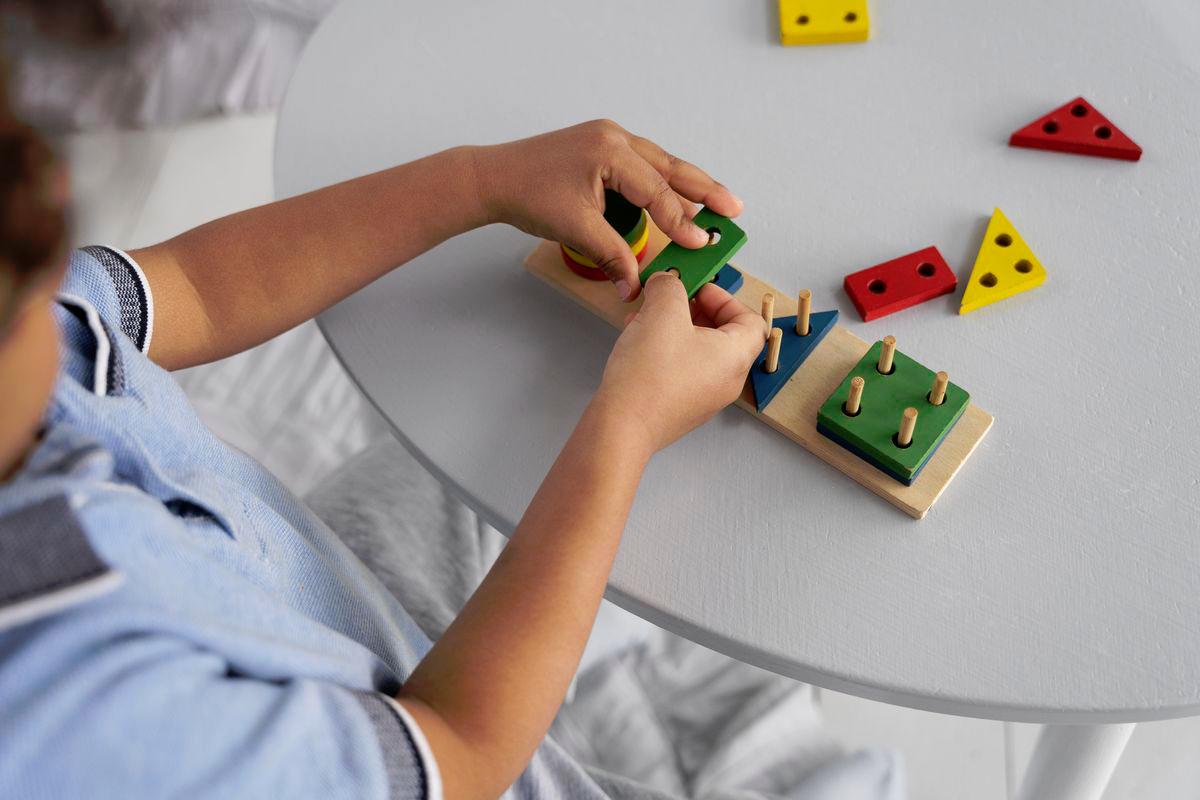PETALING JAYA: Building dedicated schools for autistic children is a positive step but real inclusion requires transforming the education system as a whole, not just adding new infrastructure, said child rights advocate Srividhya Ganapathy.
She said the government plan to establish autism-specific education facilities in every state marks growing recognition of diverse learning needs.
She stressed that infrastructure alone is not enough to guarantee access or equality.
“Establishing facilities dedicated to autistic children shows increasing recognition of the diverse learning needs within our education system,” said Srividhya, who co-chairs the Crib Foundation, a children rights NGO.
“But infrastructure must be part of a broader shift toward inclusive education, not a substitute for it. Children with disabilities must not be segregated or excluded from the general education system.”
She called on the government to prioritise deeper reforms.
“We urge the government to focus on legal reforms that guarantee equal access and reasonable accommodation, inclusive design of infrastructure, curriculum and pedagogy as well as specialised teacher training to build capacity across all classrooms.”
On the importance of integrated special education programmes , she said they are a crucial part of the shift toward inclusive education.
“They offer children with disabilities opportunities to learn alongside their peers, a foundational step in promoting social inclusion and reducing stigma.”
She added that the effectiveness of such programmes depends on several key factors.
“A strong policy and legal framework that ensures no child is left out, reasonable accommodations in teaching methods, curriculum and infrastructure, adaptable and inclusive curriculum that supports varied learning styles and comprehensive training for educators, including mainstream teachers.”
She said these programmes must not be designed in silos but as part of a unified education system.
“When well-implemented, they help realise every child’s right to quality education in an environment that respects and supports their development.
“Every child has the right to access education in a way that enables them to learn, grow and thrive.
“For children with disabilities, this often means receiving education that is adapted to their individual strengths, abilities and pace.”
On Thursday, Prime Minister Datuk Seri Anwar Ibrahim said the government is attentive to the educational needs of people with disabilities.
As of June 2025, nearly 171,000 children with disabilities have been recorded as having learning difficulties, including children with autism.









